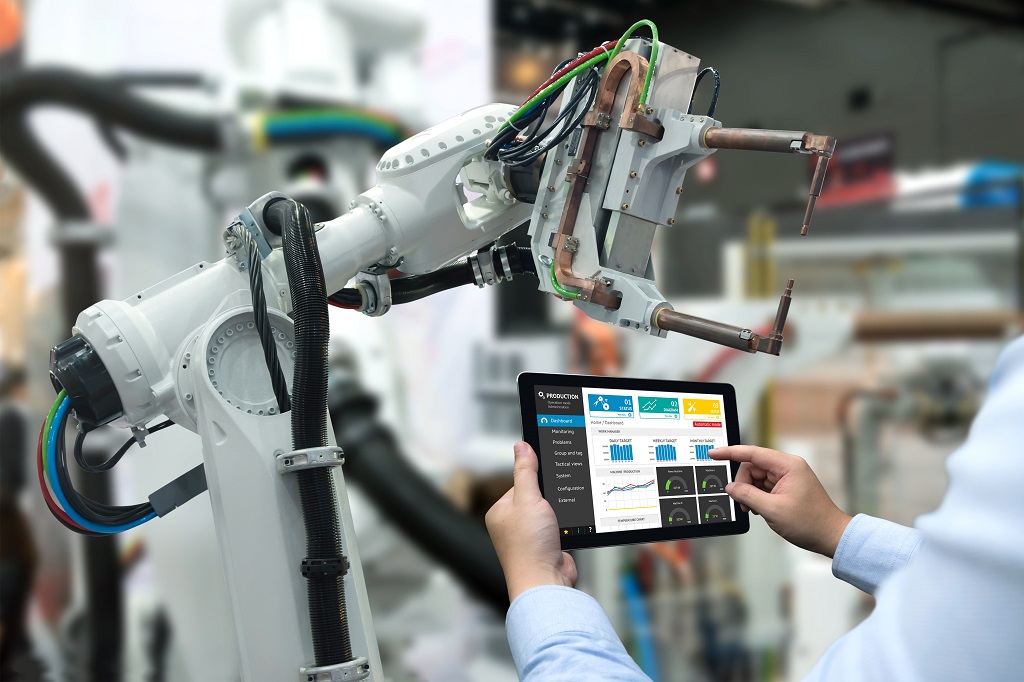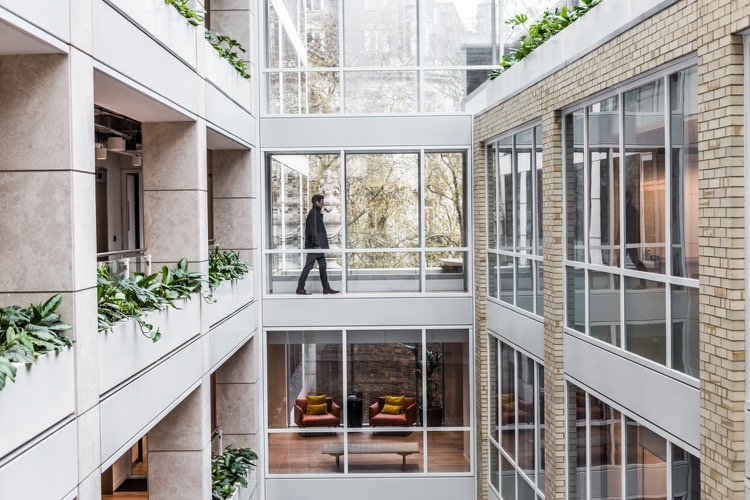From a corporate real estate perspective, technology companies are increasingly relocating to Central Business Districts (CBDs) to be closer to their employees, as opposed to their previous suburban or business park locations. This shift is accompanied by rapid portfolio expansion and a high degree of agility. Companies now have the option to utilize smaller spaces within a CBD, such as those offered by co-working companies.

In this competitive landscape, where attracting top talent is crucial, enhancing workplace experience has become a central focus for the technology industry. For example, companies often go above and beyond the traditional receptionist duties by employing concierge or lobby ambassadors to ensure both employees and guests have an engaging first experience.
Furthermore, technology companies are reimagining facilities operations with a primary emphasis on employee experience. This shift towards prioritizing employee expectations can significantly impact how employees interact with their workplace environment. For example, effective “way-finding” becomes crucial in helping employees navigate the facility and finding available workspaces seamlessly.
Technology plays a crucial role in enhancing workplace effectiveness. By integrating advanced data analytics into facilities management (FM), organizations can make more informed decisions about their workspace.
Trascent has partnered with technology companies to develop global programs focused on leveraging technology and data to improve workplace effectiveness. This involved utilizing various types of data, such as temperature and occupancy information, to optimize service delivery.
Big data also informs the development of future spaces. By examining current usage patterns, such as underutilized phone booths on a specific floor, organizations can make more strategic decisions about future space planning that better meet employee needs.
The younger workforce in the technology industry is driving a push for more progressive and forward-thinking practices, with a strong emphasis on Environmental, Social and Governance (ESG) criteria. Facility management (FM) leaders play a crucial role in this by managing building footprints, energy and resource utilization to align with ESG and broader sustainability goals. It’s also increasingly important to engage diverse team of suppliers.
Facilities management (FM) plays a pivotal role in creating a smart and efficient hybrid workplace environment by ensuring that technology and resources are seamlessly integrated and accessible both on-site and remotely. To support employees in working remotely, many technology firms have implemented tools and infrastructure that facilitate connectivity and productivity, such as reliable communication platforms and virtual collaboration spaces, ensuring that all members can collaborate effectively regardless of their location.

Driving Value in 3rd-Generation Outsourcing. Rejuvenating key supplier relationship through collaboration on new contract.
Read here.

In the laws of physics, entropy is the phenomenon that drives everything into a state of greater disorder (or lower energy). Read here.

A top tier technology company’s head of global real estate faced a strategic choice. What was the appropriate next generation strategy for workplace services across a global portfolio of 25 million square feet and spanning nearly 100 countries? Read here.

High-Tech Manufacturer Achieves 1st Generation FM Sourcing Success in North America. Read here.